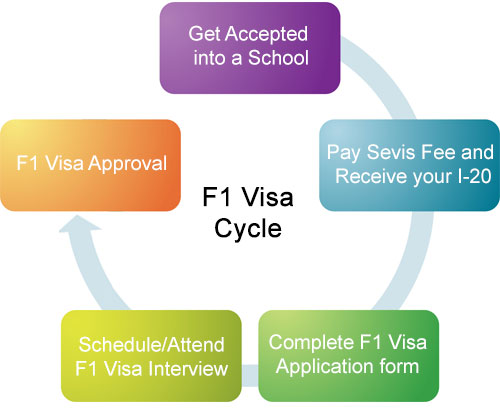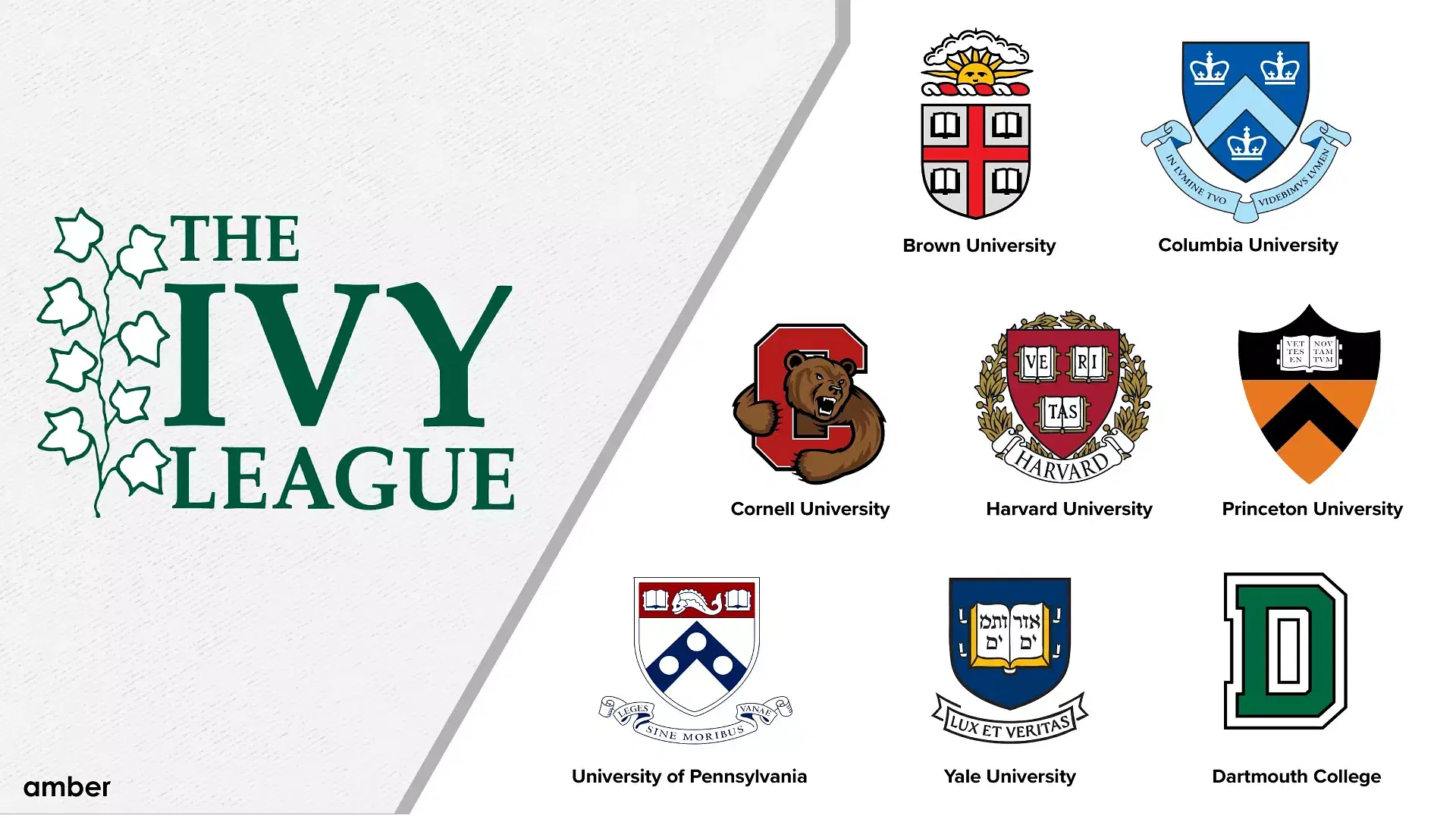Getting a job, winning a scholarship, or being accepted into your desired university often depends on a good letter of recommendation. It’s more than just a formality—it’s a personalized endorsement from someone who can vouch for your skills, character, and potential. Choosing who you ask is important, as is asking in the proper way. Let’s break it down.
Why Recommendation Letters Matter
Recommendation letters add a human touch to your application. While resumes and certificates list your accomplishments, a well-written letter shows how you achieved them and who you are behind the scenes. It adds your teamwork, attitude, reliability, and leadership dimensions that school results can’t reveal.
Who Makes a Great Recommender?
It’s not always wise to ask everyone you know for a recommendation. Ideally, your recommender should:
1. Know You Personally and Professionally
Pick a person who has seen firsthand what you do on a regular basis. They ought to recognize your strengths and explain your accomplishments.
2. Be Relevant to Your Goal

Match your recommender to your purpose. If you’re applying for a job, a former boss or department head is ideal. You should look for a professor or research advisor when preparing for academic research.
3. Be Enthusiastic About You
A lukewarm letter can do more harm than good. Cheque if the individual can prepare a solid and positive endorsement and genuinely supports what you are hoping to do.
4. Have Credibility in Their Field
The impact of a letter from a famed professional is usually larger. Their reputation and experience make their statements credible.
Who You Shouldn’t Ask
* Close friends or family—Their bias discredits the recommendation.
* Someone who barely knows your work— They can’t provide details that matter.
* Past conflicts—Avoid anyone with whom you’ve had tension or misunderstandings.
How to Request a Recommendation the Right Way
Providing well-thought and courteous suggestions makes it more likely that you’ll receive the letter you need. Here’s how to do it:
1. Ask Ahead of Time
Don’t wait until the last minute. Include your guest in your plans three or four weeks before you need the post and invite them to contribute.
2. Be Clear and Courteous
When you ask, be polite and specific. Be sure to include your reason for asking and when you’ll need the letter. For example:
“Dear Professor Ahmed, I hope you’re doing well. I’m applying for the XYZ Master’s Program, and I was wondering if you’d be willing to write me a strong letter of recommendation. I truly appreciated your mentorship during my final year project and believe your perspective would add great value to my application.”
3. Provide Useful Information
Share your updated resume, program/job details, and any points you’d like them to highlight. When you make it simple, you get better results.
4. Send a Polite Reminder
When your deadline approaches and you still haven’t been contacted, feel free to send a polite reminder. Once you have submitted your letter, don’t forget to thank the person you wrote to.
What Makes a Recommendation Letter Stand Out?
* Concrete examples of your work and accomplishments
* Personal insights into your character and behavior
* Clear support of your abilities and potential
* Comparative praise, if suitable (e.g., “among the best I’ve worked with”)
In Closing
Getting a powerful letter of recommendation isn’t just about asking—it’s about asking the right person in the right way. Plan your approach, treat your teacher respectfully, and provide your recommender with all necessary information. Writing a good letter can make your application stand out and move you closer to what you want to achieve.
WGetting a job, winning a scholarship or being accepted into your desired university often depends on a good letter of recommendation. It’s more than just a formality—it’s a personalized endorsement from someone who can vouch for your skills, character, and potential. Choosing who you ask is important, as is asking in the proper way. Let’s break it down.
Why Recommendation Letters Matter
Recommendation letters add a human touch to your application. While resumes and certificates list your accomplishments, a well-written letter shows how you achieved them and who you are behind the scenes. It adds your teamwork, attitude, reliability, and leadership dimensions that school results can’t reveal.
Who Makes a Great Recommender?
It’s not always wise to ask everyone you know for a recommendation. Ideally, your recommender should:
1. Know You Personally and Professionally
Pick a person who has seen firsthand what you do on a regular basis. They ought to recognize your strengths and explain your accomplishments.
2. Be Relevant to Your Goal
Match your recommender to your purpose. If you’re applying for a job, a former boss or department head is ideal. You should look for a professor or research advisor when preparing for academic research.
3. Be Enthusiastic About You
A lukewarm letter can do more harm than good. Cheque if the individual can prepare a solid and positive endorsement and genuinely supports what you are hoping to do.
4. Have Credibility in Their Field
The impact of a letter from a famed professional is usually larger. Their reputation and experience make their statements credible.
Who You Shouldn’t Ask
* Close friends or family—Their bias discredits the recommendation.
* Someone who barely knows your work— They can’t provide details that matter.
* Past conflicts – Avoid anyone with whom you’ve had tension or misunderstandings.
How to Request a Recommendation the Right Way
Providing well-thought and courteous suggestions makes it more likely that you’ll receive the letter you need. Here’s how to do it:
1. Ask Ahead of Time
Don’t wait until the last minute. Include your guest in your plans three or four weeks before you need the post and invite them to contribute.
2. Be Clear and Courteous
When you ask, be polite and specific. Be sure to include your reason for asking and when you’ll need the letter. For example:
“Dear Professor Ahmed, I hope you’re doing well. I’m applying for the XYZ Master’s Program, and I was wondering if you’d be willing to write me a strong letter of recommendation. I truly appreciated your mentorship during my final year project and believe your perspective would add great value to my application.”
3. Provide Useful Information
Share your updated resume, program/job details, and any points you’d like them to highlight. When you make it simple, you get better results.
4. Send a Polite Reminder
When your deadline approaches and you still haven’t been contacted, feel free to send a polite reminder. Once you have submitted your letter, don’t forget to thank the person you wrote to.
What Makes a Recommendation Letter Stand Out?
* Concrete examples of your work and accomplishments
* Personal insights into your character and behavior
* Clear support of your abilities and potential
* Comparative praise, if suitable (e.g., “among the best I’ve worked with”)
In Closing
Getting a powerful letter of recommendation isn’t just about asking—it’s about asking the *right* person in the right way. Plan your approach, treat your teacher respectfully, and provide your recommender with all necessary information. Writing a good letter can make your application stand out and move you closer to what you want to achieve.
Whether you’re applying for a job, scholarship, or academic program, remember: the voices that speak for you can echo louder than the words you write yourself. Use them wisely. Whether you’re applying for a job, scholarship, or academic program, remember: the voices that speak for you can echo louder than the words you write yourself. Use them wisely.










